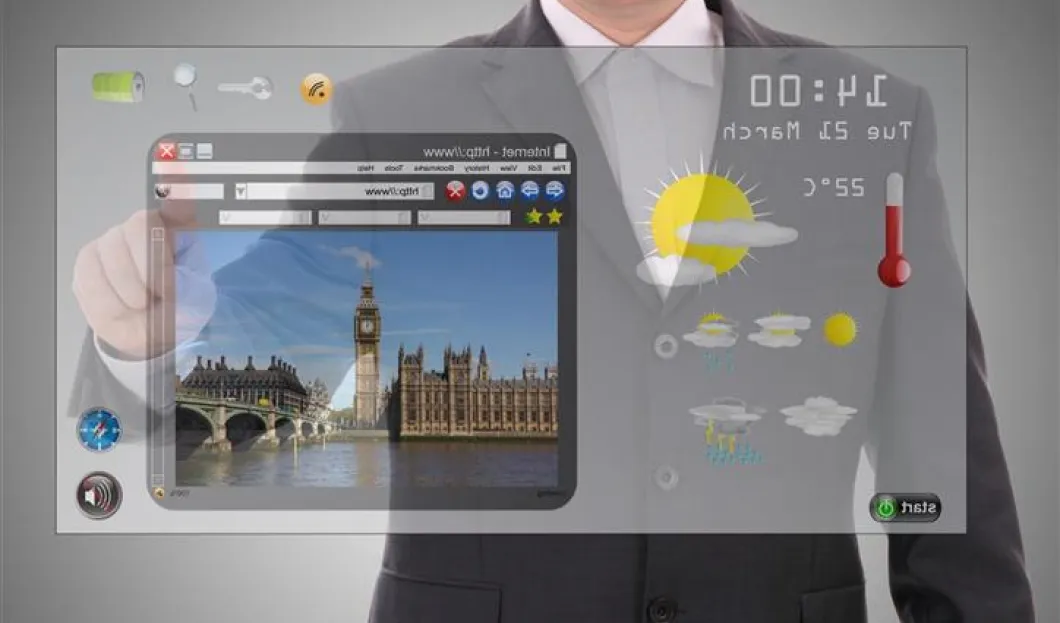
Google's recent report, 'The 2013 Traveler', has revealed that digital devices play a very important role in the decision-making of U.S. leisure and business travelers, more than they have in the past.
More than 60% of individuals traveling for leisure rely on the internet for travel ideas. Both leisure and business travelers tend to shop around on the internet before booking their trip in order to get the best deal. Digital devices are used by travelers before and during their trip to research different aspects of travel. The findings of the travel report indicate that consumers are now better equipped with digital technologies to make decisions on all travel-related matters.
The internet is used as a primary method of trip planning and inspiration. 80% of travelers use the internet to plan their trip. Both leisure and business travelers mainly use brand sites and search as sources for travel booking and planning. More than 60% of travelers spend more time researching because they are interested in finding the best value.
60% of travelers use the internet as a source of inspiration for new travel. Leisure travelers visit online travel agency websites for inspiration and planning, while more than 60% of business travelers book their trip directly on brand sites.
The study also revealed that travelers use more than one digital device to undertake a variety of travel activities. For example, researching for an upcoming trip was carried out by 88% on computers, 53% on smartphones, and 70% on tablets. These devices were also used to do other travel activities such as reading reviews, looking at maps, making bookings and watching videos. More than half of leisure travelers access online sources when they are at the destination to find out more about local activities.
Increased smartphone and tablet usage was an important finding. Overall, 1 in 4 travelers used their smartphones to make bookings. On both smartphones and tablets, websites were accessed more compared to apps. Due to the increasing use of mobile devices for travel planning, the report acknowledged the need for travel brands to improve the mobile experience by faster speed, as well as better format and compatibility.
Another finding was the increasing popularity of online travel videos. More travelers are watching online travel videos compared to last year: 51% of leisure travelers vs. 45% in 2012, and 69% of business travelers vs. 64% in 2012. Travel videos are viewed by travelers when considering a trip, selecting a destination, getting activity ideas, choosing accommodation, and finding booking websites.
Various types of travel videos are viewed, including those from travel brands, experts, travel-related channels, ordinary people, commercials and friends/family. The report found that watching travel videos had an influence on the action taken by travelers, such as inspiration to take a vacation, destination selection and considering the travel brand being advertised.
The Google-commissioned study was carried out by the marketing research company Ipsos MediaCT to gain a better understanding of traveler attitudes and behaviors in the US. Respondents, aged between 21 and 54, were asked to complete a 20 minute survey on travel habits. The total number of participants was 6500, consisting of 3500 leisure travelers, 1500 business travelers and 1500 affluent travelers ($250k plus household income). Respondents were required to be US residents who had traveled at least once for leisure in or at least 3 times for business in the past six months.










I definitely think that travel sites who do mobile well are the wave of the future. Really like the bookinghotelstay mobile site as well as hotelstonight app.
Great choice of topic. The relationship between travel and technology has become closer than ever, with more and more businesses turning to mobile to promote their services and reach customers in a more personal way. Travel-related apps rank as the 7th most downloaded type of apps and 60% of the total 1.75 billion smartphone users worldwide has downloaded travel-related apps. Tourism enterprises need to adapt to this new technological shift and make sure they are able to reach their customers in the mobile environment. According to some research 59% of people admit being more likely to purchase products and services from businesses operating mobile.